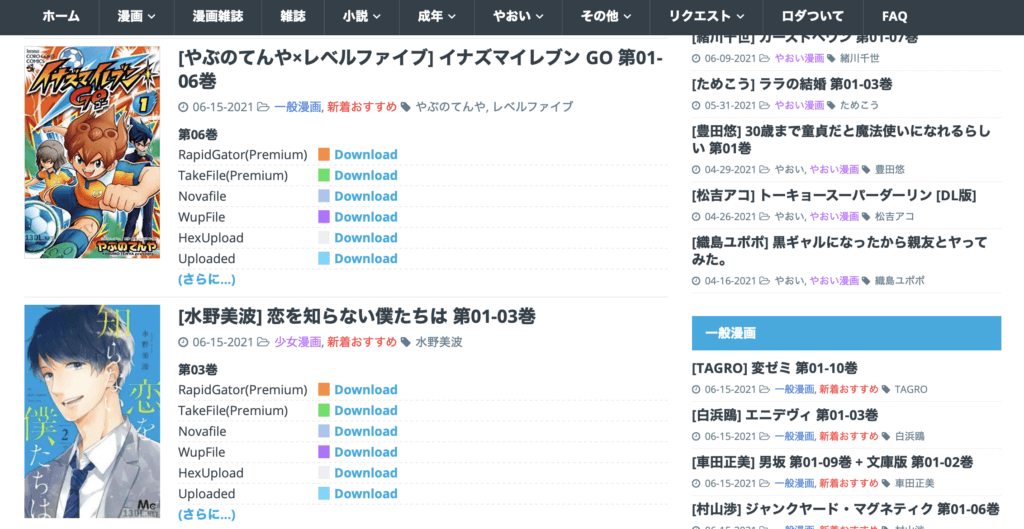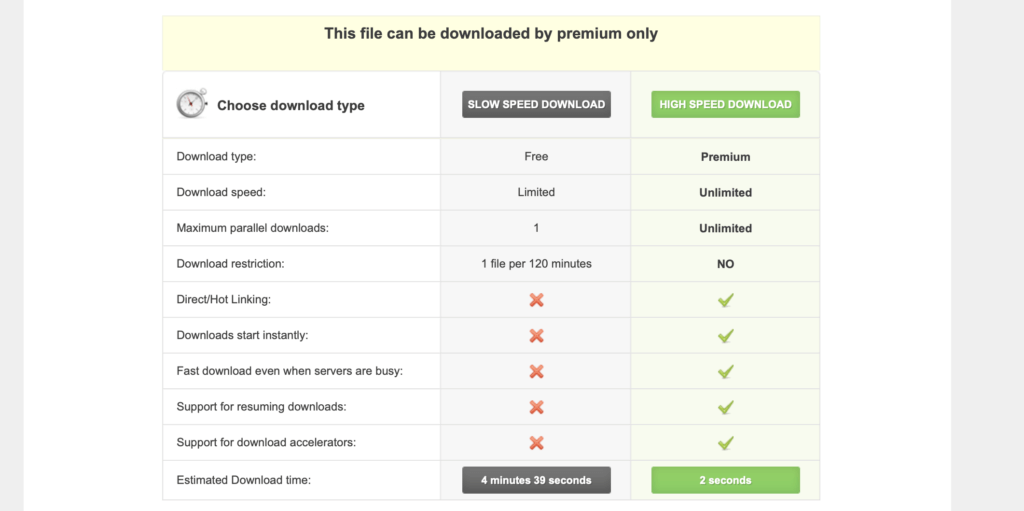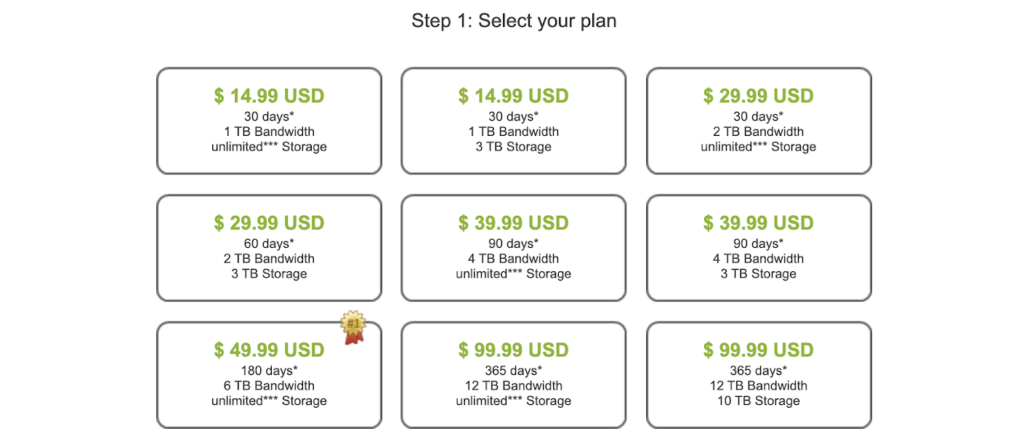In January of this year, amendments to the Japanese Copyright Act took effect to strengthen internet anti-piracy measures, joining other countries with strict copyright laws such as the US. Japan's expanded scope includes websites offering illegal downloads of manga, books, newspaper articles, academic journals, and software programs, among other copyrighted materials, and was preceded by another recent amendment targeting leech sites, enacted in October 2020. These reforms are in response to the growth of pirated content online and the enormous damages caused by illegal downloads - in 2020, these sites contributed to more than $200 million JPY ($1.8 million USD) in losses in the manga industry alone.
What Are Leech Sites?
Leech sites, the target of the 2020 Copyright Act reforms, are websites that work in tandem with pirate websites, which offer downloads of pirated content. While not hosting pirated content itself, the leech website compiles and organizes pirate websites to guide internet users to the content they are searching for. According to an investigation by Japan's Ministry of Education, Culture, Sports, Science and Technology (MEXT) in November 2019, six of the top 10 websites used for downloading copyrighted content utilized these leech sites. The Copyright Act reforms target not only administrators of leech sites, but also those distributing links on social media websites, blogs, and messaging forums (Japanese Copyright Act, Article 113).
The amended Copyright Act appears to have two control measures for websites offering pirated content. First, it designates knowingly downloading pirated manga and other copyrighted media as a copyright violation to dissuade potential downloaders. Second, it restricts leech sites, making access to pirate websites much more difficult to come by. While there are multiple efforts being made to take down pirated content - such as legal regulations, internet advertising, search engine regulations, consumer-targeted marketing campaigns and other types of restrictions - it is no simple task, as the tactics that content pirates use to keep them online continue to cleverly adapt in turn.
No Such Thing As Free: Where Is Profit Generated, And Who Receives It?
If leech sites only guide Japanese internet users to pirate websites why do they exist, and how are they paying for themselves? To understand how this works, let's take a look at the website below, offering "Free Downloads" of manga and novels:

This Japanese-language leech website offers illegal streaming content, such as manga.
This site, offering manga and other publications, displays several options for downloading the desired files. From this download link, the user is redirected in one click to a completely separate website.

Users are redirected to this website, where the illegal content is actually hosted.
The website to which they are redirected offers two options for downloading, a slow speed download (free) and a high speed download (premium). For this particular file, it reads "This file can only be accessed through the Premium Version."

Accessing the illegal content requires a paid membership, which grants access to a cyberlocker.
Choosing the premium option and clicking further, several paid plans appear. Without purchasing one of these plans, the file cannot be downloaded.
This is a typical example of pirate website tactics. The first website in this example is the leech site. The leech site advertises free downloads, and directs the internet user to the second website. This website is actually a cyberlocker, which hosts the uploaded file in collaboration with a cloud service, allowing internet users to download the file. Although advertised as a "free download," the cyberlocker offers these paid plans to internet users. Other cyberlockers, even if offering genuinely free downloads, may place other restrictions on the files, such as severely limiting download speeds.
Thus, leech sites can profit by offering pirated content to internet users via cyberlockers. Although not directly offering any content themselves, leech sites serve to increase traffic to cyberlockers - and the more traffic received, the more referral compensation they receive.
The Revised Copyright Act will target these deliberately uploaded or downloaded pirated files as infringements of copyright. Additionally, managing or downloading files from one of these sites may result in penal servitude, fines, or a combination of the two (Copyright Act, Article 119). Furthermore, the Act targets those running leech sites, as well as those offering links to pirated content on said leech sites, which runs the risk of garnering the same punishment (Copyright Act, Line 119, 120). Furthermore, these malicious sites pose the risk of leaking personal data such as credit card numbers. Even if a consumer enters payment information on a cyberlocker website, that information may be accessible beyond that one website. On top of this is the additional risk of unintentionally downloading viruses or other malicious programs.
For this reason, cyberlockers carry inherent risk, regardless of whether their business model is intended to be illicit or innocuous. Not only do cyberlockers pose risk for credit card settlement services, as settlements for cyberlockers are considered to be a high-risk field, but acquirers of cyberlockers themselves must contend with a base amount of risk of card-brand violations, due to the nature of the service itself.
Leech sites and cyberlockers are, according to the revised Copyright Laws, a significant challenge facing the payments industry. LegitScript offers written guidelines, monitors businesses operating cyberlockers, and communicates these business risks to our clients. To learn more about how LegitScript can help you, contact us.




